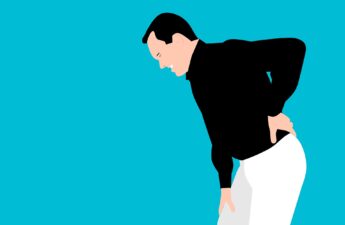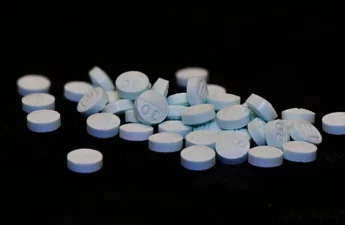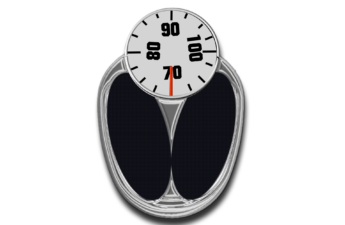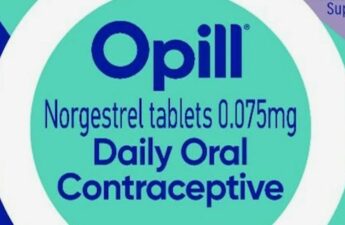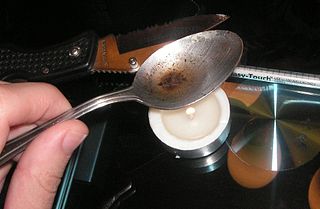Category: Drugs
PUBLIC HEALTH MONITORING MEASLES EXPOSURE AMONG INTERNATIONAL TRAVELERS VISITING SEATTLE
Last week that a group of international travelers visiting Seattle were exposed to an individual with measles prior to arriving in Seattle. Currently, there are no cases of measles among the group (or within King County), but Public Health — Seattle & King County is monitoring the situation closely.
Psychedelics could make mental health worse in people with a personality disorder
Various personality disorders might respond differently to psychedelics. For instance, people with histrionic personality disorder (excessive attention-seeking and emotional overreaction) or borderline personality disorder (emotional instability, intense relationships and fear of abandonment) might feel worse or more unstable. And those with schizotypal personality disorder (social anxiety, odd beliefs and eccentric behaviour) could become more paranoid. People with narcissistic personality disorder (excessive self-importance, lack of empathy, and need for admiration) may struggle with the self-reflective nature of psychedelics because they often have a hard time handling criticism.
Surgery won’t fix my chronic back pain, so what will?
Treatments offered to people with chronic pain include strong pain medicines such as opioids and invasive procedures such as spinal cord stimulators or spinal fusion surgery. Unfortunately, these treatments have little if any benefit and are associated with a risk of significant harm.
Nitazenes found in 5 overdose deaths in Philly – here’s what they are and why they’re so deadly
Researchers have relatively little information on how the human body reacts to nitazenes because the drugs have never gone through clinical trials. But lab tests show certain nitazenes could be hundreds to thousands of times more potent than morphine and 10 to 40 times stronger than fentanyl.
Social media will tell you birth control causes mental health issues, weight gain and infertility – here are the facts
In recent years, there’s been a rise in misinformation about hormonal contraceptives on social media. Some women are reportedly even stopping their birth control as a result of misleading posts they’ve seen on TikTok and Instagram.
Drugs like Ozempic won’t ‘cure’ obesity but they might make us more fat-phobic
Ironically, while fat people are told they need to lose weight for their health, they are also shamed for “cheating” or taking shortcuts by using medication.
Know Which Medication Is Right for Your Seasonal Allergies
An allergy is your body’s reaction to an otherwise innocent substance that it has identified as an invader. If you have allergies and encounter a trigger (allergen), your immune system fights it by releasing chemicals, such as histamine (hence the term “antihistamine”). Histamine causes symptoms, such as runny nose, itchy nose, sneezing, and itchy and watery eyes.
Considering taking a weight-loss drug like Ozempic? Here are some potential risks and benefits
As they’ve grown in popularity, we’ve also heard more about the potential side effects – from common gastrointestinal discomforts, to more serious mental health concerns.
King County launches ‘bup’ hotline.
Buprenorphine, also called suboxone, is a medication used to treat opioid use disorder. It is one of the best available treatments to alleviate withdrawal, reduce cravings, and reduce overdose risk by about half when taken as directed. It works by binding to the same receptors that opioids like fentanyl bind to, but it only turns them on about halfway. That keeps people from feeling sick and helps with their cravings.
Cardiovascular risks and COVID-19: New research confirms the benefits of vaccination
A new study found that common cardiovascular complications of COVID-19 were substantially reduced in people who were vaccinated, with protective effects lasting up to a year after vaccination.
Opill, the first over-the-counter birth control pill, will be on shelves soon − here are some key things to know
Within weeks, for the first time in the U.S. consumers will be able to find a birth control pill on retail shelves.
Some Medicines and Driving Don’t Mix
Although many medicines will not affect your ability to drive, some nonprescription and prescription medications can have side effects that may make it unsafe to drive or operate other heavy machinery.
Oregon’s Drug Decriminalization Aimed to Make Cops a Gateway to Rehab, Not Jail. State Leaders Failed to Make It Work.
Ballot Measure 110, approved by voters in 2020, created a new role for law enforcement in Oregon. While there’s evidence people living with addiction in the state are increasingly finding their way into treatment, the failure to turn police encounters into successful on-ramps to rehab has been cited by critics as prime evidence the measure isn’t working. Oregon lawmakers, noting an ongoing rise in overdose deaths, are now looking to restore jail time for drug possession.
But Oregon’s political leaders themselves played central roles in failing to deliver on the potential for law enforcement to connect people with lifesaving services under the new measure, documents and interviews with a wide array of people involved in the system indicate.
What the FDA Does Approve and What It Doesn’t
Is It Really “FDA Approved”? Maybe you’ve seen these words on a company’s website or in a commercial promoting a product or treatment. Here are some facts about products that are, and aren’t, FDA approved.
There’s a new pill for postpartum depression, but many at-risk women face hurdles
Suicide and overdoses are among the leading causes of maternal death in the U.S.


